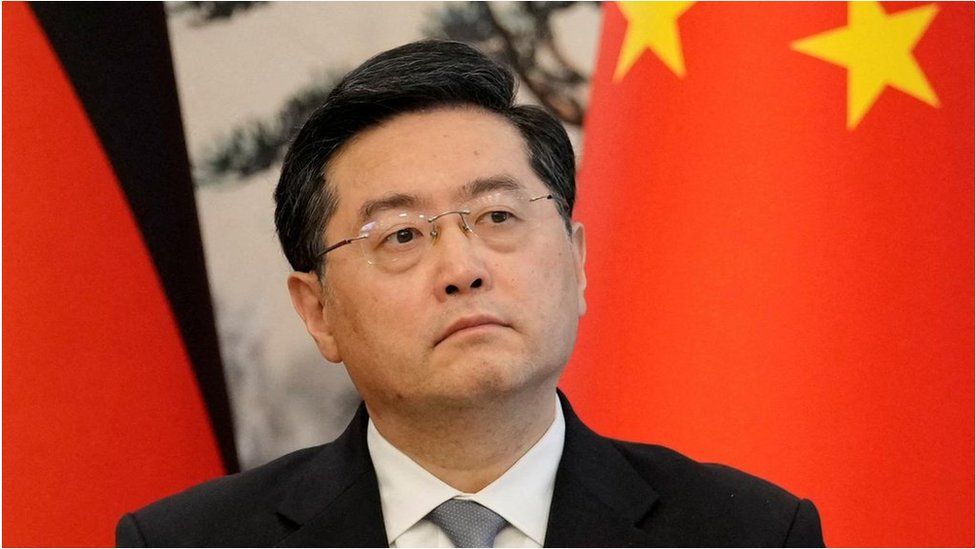In a development that surprised many, China’s foreign minister, Qin Gang, has been unexpectedly replaced after serving only seven months in the position. This unforeseen change has prompted inquiries into its potential implications for the future of US-China relations. While some analysts speculate that this transition might impact efforts to mend strained ties between the two nations, diplomatic experts maintain that China’s foreign policy, led by President Xi Jinping, is unlikely to undergo a significant alteration. The appointment of former foreign minister Wang Yi as Qin’s successor indicates a commitment to continuity amid the prevailing uncertainty. As both formidable powers confront intricate economic and political challenges, the international community keenly observes how this leadership change will influence their future interactions.
The Ousting of Qin Gang
China’s foreign minister, Qin Gang, has been removed from his position, triggering debates about the ramifications for Sino-American relations. Qin, who had previously served as China’s ambassador to the US, disappeared from public view in June, citing “health reasons.” However, the suddenness of his removal has sparked intrigue, as Beijing provides limited information on the matter.
Continuity Amid Turmoil – Wang Yi Steps In
Amidst the uncertainties brought about by Qin Gang’s removal, former foreign minister Wang Yi has been appointed as his successor. At 69 years old, Wang brings a wealth of experience to the table, having previously served as China’s foreign minister for almost a decade. His return to a significant foreign policy decision-making role signals a desire for stability during a time of global instability.
Seeking Balance in US-China Relations
Despite the leadership change, experts opine that the core objective of President Xi Jinping’s foreign policy remains unchanged – improving ties with the United States. The recent high-profile meeting between United States Secretary of State Antony Blinken and Qin Gang showcased some progress in reducing tensions over trade, technology, and territorial disputes. Both nations are keen to demonstrate cooperation during the post-COVID economic recovery, with China aiming to revive its economy and the US seeking to prevent regional conflicts.
The upcoming Asia Pacific Economic Cooperation (APEC) forum in San Francisco, expected to be attended by President Xi, serves as a crucial opportunity for both nations to showcase their ability to manage their relationship with one another. High-level visits and ministerial meetings continue in preparation for this summit, signifying the importance both sides attach to the event.
Wang Yi’s extensive experience in dealing with US officials is viewed as an asset during these uncertain times. As both nations navigate complex economic and political challenges, his deeper access could prove instrumental in fostering understanding and finding common ground.
In conclusion, the ousting of China’s foreign minister, Qin Gang, has ignited speculation about the trajectory of US-China relations. While the leadership change may introduce some uncertainty, China’s foreign policy, driven by President Xi Jinping, is expected to remain steady. Wang Yi’s appointment symbolizes a commitment to continuity and stability during these challenging times. As the world watches, the dynamics between the two global powerhouses will continue to shape the future of international relations.















